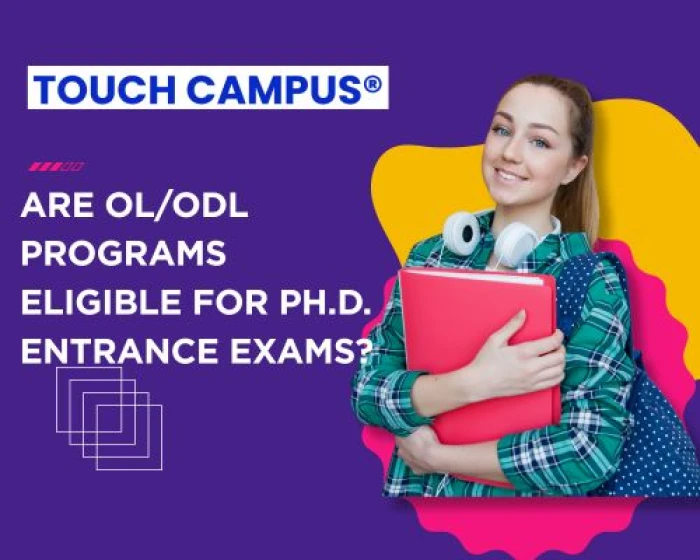Blog Body:
Are you a working professional considering enrolling in an IPWP (Integrated Program for Working Professionals)? A common question many have is: Who is eligible to apply? Understanding eligibility helps you know if this flexible program fits your career and education goals.
Let’s break down the key eligibility requirements for IPWP programs in a simple, straightforward way.
Basic Eligibility Criteria for IPWP Programs
Work Experience:
Most IPWP programs require candidates to have relevant work experience. This typically ranges from 1 to 3 years depending on the course and institution. The idea is to cater to professionals who are already working and want to upgrade their skills or qualifications.
Educational Qualification:
Generally, a minimum of 10+2 (Higher Secondary Certificate) or equivalent is required for entry into undergraduate IPWP courses.
For postgraduate IPWP courses, a Bachelor’s degree from a recognized university is usually mandatory.
Some programs may allow lateral entry for diploma holders or candidates with certain professional certifications.
Age Limit:
Most IPWP courses have no strict upper age limit, making them ideal for adult learners and mid-career professionals.
However, certain institutions may have age caps for specific programs, so it’s good to check individual course guidelines.
Employment Status:
As the name suggests, IPWP is primarily for working professionals. You should be employed either full-time or part-time.
Some courses may accept fresh graduates, but the emphasis is on people balancing education and work.
Additional Requirements to Note
Reservation and Relaxations:
Many Indian universities follow government norms regarding reservation policies for SC/ST/OBC categories, and may offer relaxation in eligibility criteria accordingly.
Entrance Exams or Interviews:
Some IPWP programs might require candidates to clear a screening test or interview, while others admit students based on merit or work experience.
Documents:
Applicants typically need to submit proof of employment, educational certificates, and identity documents during admission.
Why These Eligibility Criteria Matter
The eligibility rules ensure that the program remains relevant to working professionals who want to:
Upgrade their skills without quitting jobs
Gain academic credentials alongside work experience
Apply real-world learning to their current job roles
Who Should Consider IPWP Programs?
Professionals in IT, management, finance, engineering, and other sectors looking for flexible study options
Individuals wanting to boost career growth while continuing to work
Adult learners who missed earlier educational opportunities
Employees aiming for higher qualifications without taking a career break
Final Tips
If you’re thinking of applying to an IPWP program, here’s what you can do:
Check the specific eligibility criteria for your chosen institution and program.
Prepare your work experience proof and educational certificates early.
If applicable, get ready for entrance tests or interviews.
Reach out to the program’s admissions office for any doubts.
Conclusion
IPWP programs are designed to open doors for working professionals who want to study without disrupting their careers. Most importantly, eligibility is quite flexible to accommodate a wide range of learners.
So, if you’re employed and eager to learn, you likely qualify for an IPWP program—making it a smart choice for your professional and academic growth.







